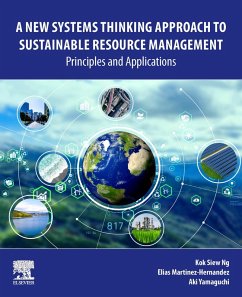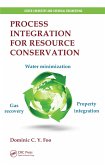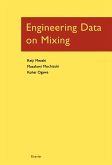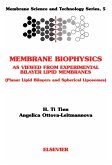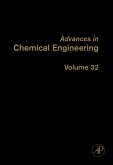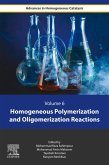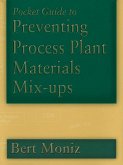A New Systems Thinking Approach to Sustainable Resource Management: Principles and Applications introduces an innovative approach to exploring systems holistically and understanding complex interconnected dynamics effectively among technical systems, natural systems, and human activities to address challenges in resource management.This book covers the fundamental principles of "systems" and "sustainability", and introduces the methodology of "new systems thinking," which comprises system modeling, mapping, integration, analysis, and sustainability assessment. The application of this new systems thinking approach is demonstrated through practical case studies, including waste management systems, food-energy-water nexus, and biorefinery systems. This is an excellent reference for academics, undergraduate and postgraduate students, professional engineers, and policymakers across various disciplines including: chemical and process engineering, environmental science, environmental engineering, and environmental management. - Introduces the "new systems thinking" approach and explains the core principles of system modeling, mapping, integration, analysis, and sustainability assessment - Guides readers through methodologies with step-by-step instructions, illustrated with example problems - Includes practical case studies to equip readers for real-world projects related to sustainable resource management, embracing the new systems thinking approach
Dieser Download kann aus rechtlichen Gründen nur mit Rechnungsadresse in A, B, BG, CY, CZ, D, DK, EW, E, FIN, F, GR, HR, H, IRL, I, LT, L, LR, M, NL, PL, P, R, S, SLO, SK ausgeliefert werden.

